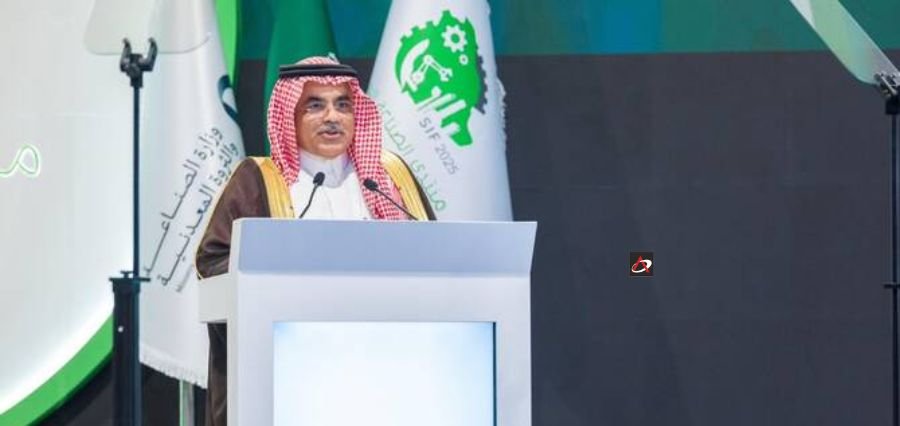Prime Highlights
- Saudi Arabia introduces second round of industrial incentives with grants of up to SAR 50 million or 35% of overall investment.
- Program aims at strategic sectors for improving local production and minimizing imports.
Key Facts
- More than 1,000 investors showed interest; 118 applications received.
- 12 firms shortlisted for final qualification under Phase 2 of program.
Key Background
Saudi Arabia has initiated the second phase of its industrial incentives program to encourage investment in high-priority manufacturing industries. The program, initiated at the Saudi Industry Forum in Dhahran, is supposed to facilitate local production of high-priority products imported from overseas, reducing foreign market reliance. Direct financial assistance will be provided by the Ministry of Industry and Mineral Resources to finance up to 35% of the overall investment or SAR 50 million per project—whichever is higher.
Deputy Minister Khalil Ibn Salamah emphasized the program’s strategic positioning in supporting the Kingdom’s Vision 2030 objectives with the aim of diversifying the economy away from oil. The program received more than 1,000 letters of interest, resulting in 118 applications. Out of these, 12 firms have entered the final qualifying stage. The selection process will filter for high-impact, value-added projects only.
This scheme, unlike the traditional funding, provides level incentives on an open and competitive basis. It is specifically focused on those projects that would stimulate the local supply chain, generate employment, and enhance the trade balance of non-oil imports of the Kingdom. This scheme does not just invest in production but also enables industries with long-term growth prospects and technological innovativeness capabilities.
Saudi Arabia is assuming its role as the leading industrial center of the region. The industrial incentives scheme promotes industries that are the central part of national self-sufficiency and export capability. With strategic industrial development, the Kingdom is developing a more diversified and competitive economy.
This period is also complementing Gulf efforts like cross-border industrial integration with Bahrain. With application windows announced in early August, the government aims to bring in high-value investors who are devoted to building Saudi industrial ability, propelling its aggregate economic transformation, and enhancing its position in world commerce.



